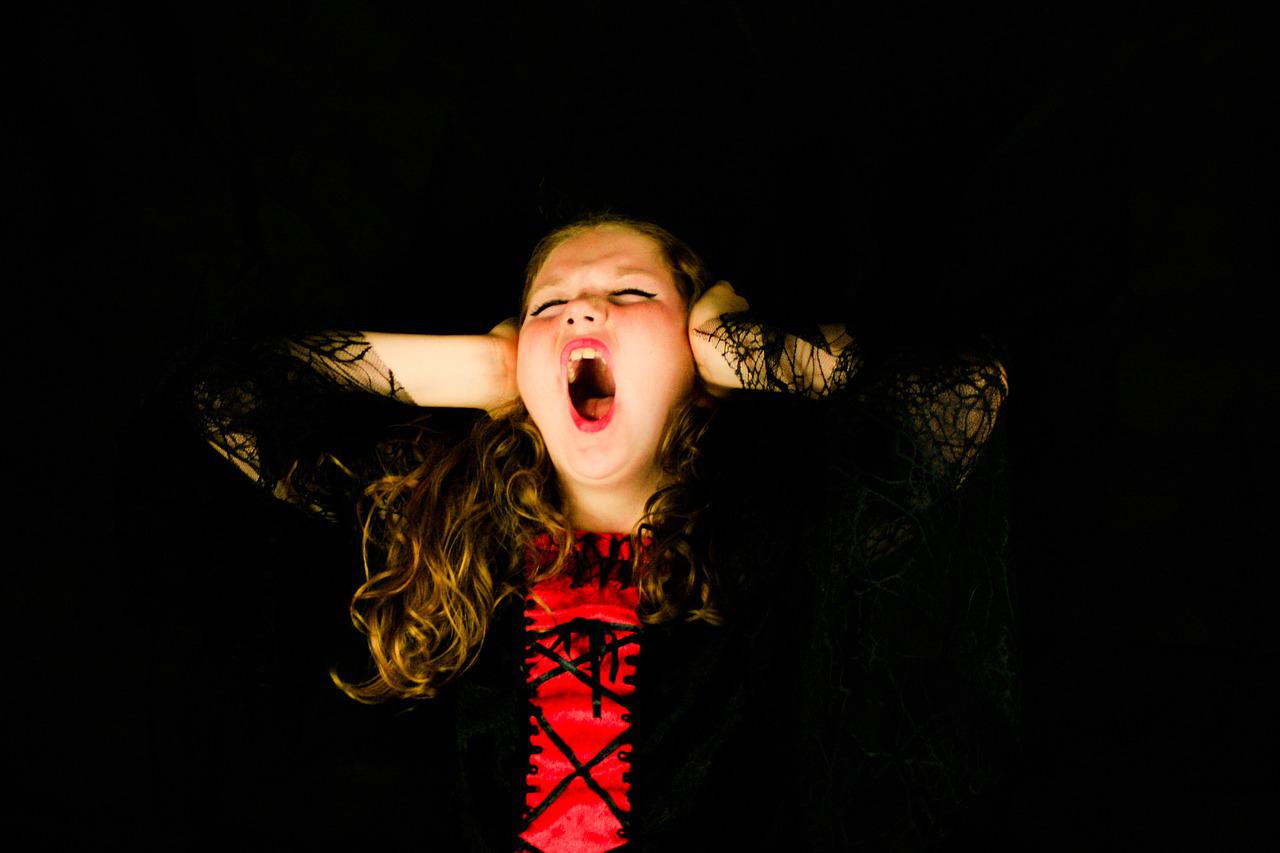Today’s article is written by Tanya Heasley. Tanya’s expertise is unblocking the suppressed anger that has cultivated self-limiting beliefs in many individuals. She has empowered thousands of people to grow in confidence, build resilience and develop a prosperous life.
Tanya is an Executive Performance and Wellbeing Coach, as well as a Coaching Psychologist, specialising in Positive Psychology and Anger Management Coaching. She has over 20 years of experience in helping people regulate their emotions, discover their strengths and manage their thoughts.

Managing anger in children
Anger is a communicative emotion telling you that you’re in danger and need to react in order to survive. The first time you were in danger and reacted angrily, was the moment you were born. But rather than explain that just yet, this article offers a simple strategy to bring peace and calm back into your home while managing anger and challenging behaviour in children.
First, it’s important to understand and control your own anger before attempting to manage your child’s behaviour.
You might be thinking I don’t have the anger problem, my child does – it’s their behaviour that makes me mad and shouting at them makes them listen to me.
There is an assumption, that people, or situations, make us angry and that our negative response can be justified. I’m not sure a judge would rule in your favour if you were caught driving dangerously because you wanted to catch up to the person who’d cut you up on a roundabout, to tell them that they were wrong.
Identifying triggers
Nothing makes us angry. Instead, our anger is triggered, which then activates our survival instinct; causing us to mostly either fight, or run away from the danger. Ultimately, we are responsible for our behaviours regardless of what triggered it.
Identifying your triggers will enable you to understand why you feel angry, empower you to take responsibility for it and provide you with a sense of control. A common trigger for parents is disobedience. For example, you’ve asked your child three times to tidy their room and they still haven’t. They’ve essentially refused to and carried on doing their own thing.
How does this make you feel? What are your thoughts when you notice their room is still messy? Disrespected perhaps, or even ignored?
My experience
Disobedience was an anger trigger for my husband when our boys were younger. He didn’t like it when the children wouldn’t do as they were told. Rather than speak to the boys rationally about it he would over-inflate himself and shout at them until they cried. Usually, he was able to manage his triggers well. But he worked in a highly stressful job which included night shifts that left him exhausted. Therefore, he wasn’t functioning physically healthily a lot of the time.
I’m not making excuses for his behaviour. I’m contextualising the reason. I understand why, and understanding is relevant to managing anger. However, seeing someone upset my children was a trigger of mine. No-one shouts at my boys or makes them cry! So, I would hijack the situation. I’d distract my husband, engage him into an argument and direct his anger towards me rather than the boys.
Instead of responding to the situation assertively to pacify my husband’s behaviour, I was amplifying it. This was fundamentally showing the boys a disunity in our parenting and ultimately teaching them to communicate angrily.

Learnt behaviour
How we express our anger is learnt behaviour. Therefore consider the consequences of what could happen if you react aggressively when responding to your child’s behaviour, or shout back at your partner when they’ve spoken to you horribly. What is this teaching your child?
While responding in these scenarios might seem justifiable, if you react in an aggressive way, then you’re essentially fuelling your own fire, and theirs. So expect to get burnt.
That said, stepping away isn’t always the right response. But communicating assertively and in a healthy, non-patronising, non-judgmental and non-aggressive way, will prevent an angry situation from escalating. It can essentially bring you closer together.
FLOW
To achieve this, try this simple strategy, and go with the F.L.O.W:
FOCUS on what your thoughts and feelings are telling you – ask yourself; is this more about me, than them? Why do I need/want to shout back? What are my hidden hurts that are trying to surface? Why does this bother ME? What are my needs that haven’t been met lately?
LISTEN to what is being said – is my child in need of help? Are they sad/hurting? What is it that they are trying to tell me? What do they want me to do for them?
OBSERVE the situation – what’s really happening here? What could I be missing that’s caused them to behave this way? Have they lost the sense of what’s going on around them? If so, how could I neutralise the situation rather than fuel the anger?
WAIT before you respond. Take a breath. What outcome do I really want here? What would I like to achieve? What would be my ideal response?
Self-awareness and understanding are key to managing your own anger. Daily self-reflection, identifying your triggers and taking responsibility for your own emotions and behaviour will help you go with the FLOW more easily and frequently. It will bring peace to yourself and others around you.
Meanwhile, let me bring your attention back to the moment you were born when you first became angry. Something wasn’t quite right because you had just left an environment that had been keeping you alive. Your anger activated your survival instinct and as you had yet to learn how to speak, all you could do to communicate that you’re in danger was to cry.
Triggers
Children are still learning how to communicate their thoughts and feelings, that’s why toddlers have temper tantrums, because something has triggered their anger. Their lack of vocabulary prevents them from communicating this properly. Therefore, keep track of your child’s triggers too.
Do they have angry outbursts when they’re tired? (This is a key trigger for many). Does their behaviour seem to get worse when they’re out shopping with you? (Perhaps they’re scared of all the strangers, or they’re bored). Knowing their triggers will equip you to manage and neutralise the situation better and help you not to take their behaviour personally.
To learn more about anger and how to use it positively, I have an online crash course in anger management available throughout the year. My Facebook page also has lots of tips, advice and information regarding anger management and building resilience.
You can find out more from Tanya’s Website and follow her on LinkedIn and Twitter

To read more articles about parenting, click here.



